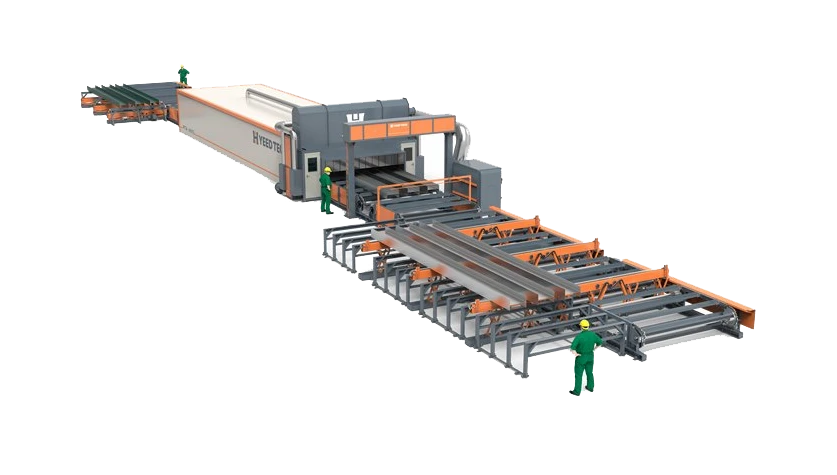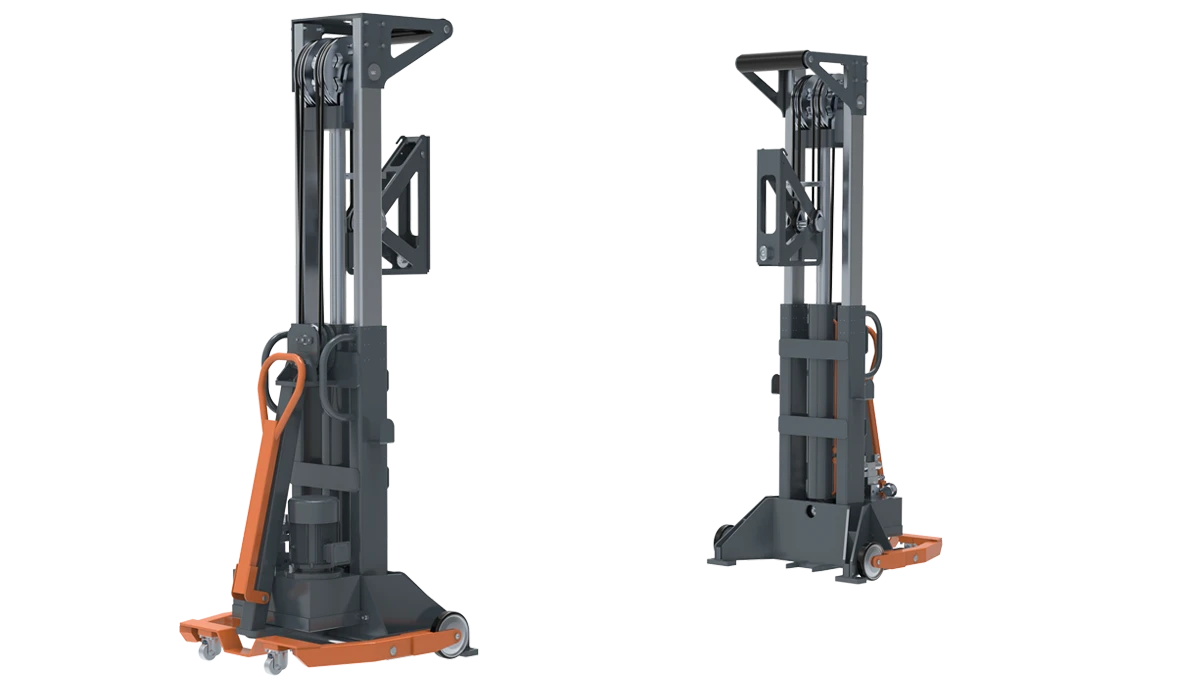
- Afrikaans
- Albanian
- Amharic
- Arabic
- Armenian
- Azerbaijani
- Basque
- Belarusian
- Bengali
- Bosnian
- Bulgarian
- Catalan
- Cebuano
- China
- China (Taiwan)
- Corsican
- Croatian
- Czech
- Danish
- Dutch
- English
- Esperanto
- Estonian
- Finnish
- French
- Frisian
- Galician
- Georgian
- German
- Greek
- Gujarati
- Haitian Creole
- hausa
- hawaiian
- Hebrew
- Hindi
- Miao
- Hungarian
- Icelandic
- igbo
- Indonesian
- irish
- Italian
- Japanese
- Javanese
- Kannada
- kazakh
- Khmer
- Rwandese
- Korean
- Kurdish
- Kyrgyz
- Lao
- Latin
- Latvian
- Lithuanian
- Luxembourgish
- Macedonian
- Malgashi
- Malay
- Malayalam
- Maltese
- Maori
- Marathi
- Mongolian
- Myanmar
- Nepali
- Norwegian
- Norwegian
- Occitan
- Pashto
- Persian
- Polish
- Portuguese
- Punjabi
- Romanian
- Russian
- Samoan
- Scottish Gaelic
- Serbian
- Sesotho
- Shona
- Sindhi
- Sinhala
- Slovak
- Slovenian
- Somali
- Spanish
- Sundanese
- Swahili
- Swedish
- Tagalog
- Tajik
- Tamil
- Tatar
- Telugu
- Thai
- Turkish
- Turkmen
- Ukrainian
- Urdu
- Uighur
- Uzbek
- Vietnamese
- Welsh
- Bantu
- Yiddish
- Yoruba
Container Loading Solutions for Efficient Logistics and Shipment Management
The Evolution and Importance of Container Loading Platforms
In the world of logistics and transportation, container loading platforms play a crucial role in facilitating the smooth transfer of goods between different modes of transport. Whether it's shipping containers to and from ships, trucks, or trains, the efficiency of these operations directly influences the overall supply chain. As global trade continues to expand, the need for effective container loading solutions has become even more glaring, prompting innovations and improvements in this area.
What is a Container Loading Platform?
A container loading platform refers to a dock or an area specifically designed for the loading and unloading of shipping containers. These platforms can be found in various facilities, including ports, freight terminals, and warehouses. The design of these platforms prioritizes safety, efficiency, and the careful handling of cargo. They are equipped with various tools and machinery, such as cranes, conveyor belts, and forklifts, which assist in moving containers seamlessly.
Importance of Efficient Container Loading
The efficiency of container loading affects not only the speed of shipping but also the overall cost of logistics. A well-designed loading platform minimizes the time required to load or unload containers, thus reducing labor costs and increasing throughput. In industries where just-in-time delivery is critical, every minute of delay can lead to significant financial losses. Therefore, enhancing container loading operations is essential for companies striving to maintain competitiveness in the global market.
Innovations in Container Loading Platforms
Technological advancements have significantly transformed container loading platforms over the years. Automation is at the forefront of this evolution. Automated stacking cranes, for instance, can load and unload containers without the need for human intervention. This not only reduces labor costs but also improves safety by minimizing human error – a leading cause of accidents in busy freight environments.
Moreover, the introduction of smart technologies has allowed for better tracking and management of containers. Through the use of IoT (Internet of Things) devices, companies can monitor container movements in real-time, enabling them to optimize loading schedules and improve inventory management. Predictive analytics can further enhance operations by anticipating when and where containers will be needed, thus streamlining the entire process.
container loading platform

Environmental Considerations
As global awareness of environmental issues grows, container loading platforms are also adapting to become more sustainable. Energy-efficient machinery, such as electric cranes and battery-operated vehicles, are being incorporated into loading operations. Additionally, the optimization of logistical routes and processes contributes to reduced carbon emissions, aligning with corporate sustainability goals.
Another aspect is waste management at loading platforms. Companies are increasingly implementing procedures for recycling materials, such as pallets and packing materials, thereby minimizing environmental impact. Such initiatives not only fulfill regulatory requirements but also enhance a company’s reputation as a responsible corporate citizen.
Challenges in Container Loading Operations
Despite advancements, container loading operations face several challenges. One significant issue is the unpredictability of global shipping schedules, often influenced by weather, port congestion, and geopolitical factors. These uncertainties can lead to delays, forcing companies to adapt continually.
Additionally, the evolving regulations around shipping and container standards present a challenge. Compliance with international safety and environmental regulations requires constant monitoring and investment in training and infrastructure.
Conclusion
Container loading platforms are the unsung heroes of global logistics. As the backbone of supply chain operations, their efficiency can significantly impact the speed and cost of shipping goods worldwide. With advancements in technology and a growing emphasis on sustainability, the future of container loading platforms looks promising. By continually investing in innovations and addressing challenges head-on, businesses can not only enhance their operations but also contribute to a more efficient and environmentally friendly global trade network. As we move forward, the evolution of these platforms will remain integral to the success of the logistics industry as a whole.
Products Categories
Latest News
-
Revolutionize Industrial Coating with Automated Spray Painting Machine
NewsApr.03,2025 -
Maximize Efficiency with Advanced Container Lifting Equipment
NewsApr.03,2025 -
Maximize Efficiency and Precision with Automated Spray Painting Machine
NewsApr.03,2025 -
Enhance Efficiency and Safety with Advanced Container Lifting Equipment
NewsApr.03,2025 -
Enhance Coating Efficiency with Advanced Automated Spray Painting Machine
NewsApr.03,2025 -
Elevate Coating Precision with Automated Spray Painting Machine
NewsApr.03,2025 -
Achieve Unmatched Coating Precision with Automated Spray Painting Machine
NewsApr.03,2025











